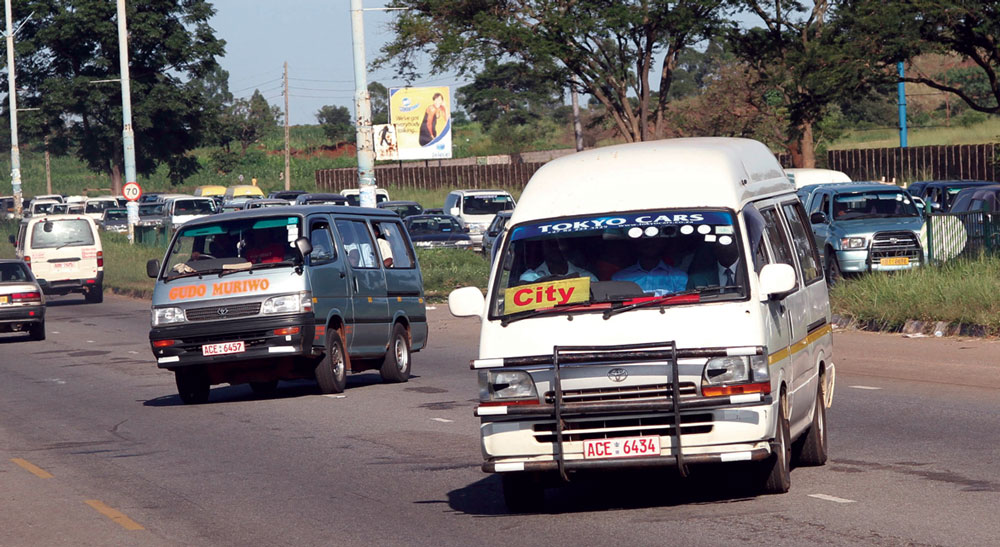By Nyashadzashe Ndoro
Copyright nehandaradio

HARARE – A decision by the Zimbabwe Revenue Authority (ZIMRA) to impose new presumptive taxes on commuter omnibuses, taxis, driving schools, and goods vehicles has triggered widespread concern, with critics warning that the measures will worsen poverty and raise the cost of living for already struggling citizens.
Norton legislator Richard Tsvangirai described the taxes as “unfair,” arguing that they will have a direct negative impact on the most vulnerable.
“Salaries have remained stagnant, yet taxes continue to rise, pushing the cost of goods and services beyond the reach of many. This will only deepen poverty, …,” he said.
Tsvangirai urged ZIMRA to revise the figures downwards and adopt alternative strategies that incentivize compliance instead of relying on punitive measures.
“While the intention may be to encourage companies to register, formalize their operations, and increase government revenue, alternative strategies must be pursued,” Tsvangirai added.
“These strategies should focus on incentivizing compliance rather than relying on punitive measures that exacerbate the economic hardships already faced by ordinary citizens.
“In this regard, ZIMRA must urgently revise these figures downwards to ensure fairness and protect livelihoods.”
Economists and business leaders have echoed similar concerns.
Speaking during a podcast interview on the ZFN Friday Drinks last week, Christopher Takunda Mugaga, CEO of the Zimbabwe National Chamber of Commerce, noted that in other countries unpopular tax policies have been abandoned in response to public resistance.
He pointed to Kenya’s suspension of its controversial Finance Bill in 2023 as an example, and criticised parliamentarians for failing to fully apply the Public Finance Management Act when approving measures that directly affect ordinary citizens.
“Coming back to Zimbabwe, I think our biggest challenge, the failure or lack of knowledge on the Public Finance Management Act by the parliamentarians can also reflect on the calliba of parliamentarians we have.
“Because for a whole Finance Bill to be approved when you’re representing the ordinary citizens. And you know the impact of these taxes on someone in the streets,” Mugaga noted.
According to Public Notice No. 51 of 2025, gazetted on September 5, kombis carrying 8 to 14 passengers will pay US$50 per month, while larger buses carrying 37 or more passengers will pay US$100.
Taxi drivers will be charged US$35, driving schools will pay between US$50 and US$100 depending on vehicle class, and goods vehicles face the steepest levies, ranging from US$200 to US$500 per month depending on size and load.
ZIMRA stated that the presumptive tax must be paid in local currency at the prevailing exchange rate, and that compliance is mandatory for licence renewal. The Zimbabwe National Road Administration (ZINARA) has been tasked with collecting the payments.
Transport operators have warned that the new costs will inevitably be passed on to passengers, likely resulting in another round of fare hikes.
Zimbabwe, which already enforces a cocktail of taxes and levies, has one of the heaviest tax burdens in the region, with residents and businesses citing persistent strain from fees such as value added tax, pay as you earn, toll charges, and radio licences.
The presumptive tax regime was first introduced in 2005 and has long been resisted by operators, who argue that it disproportionately affects small players without achieving the government’s stated goal of formalising the transport sector.
Past enforcement has often led to clashes between authorities and operators, some of whom avoided payments by operating outside designated routes or without licences.



